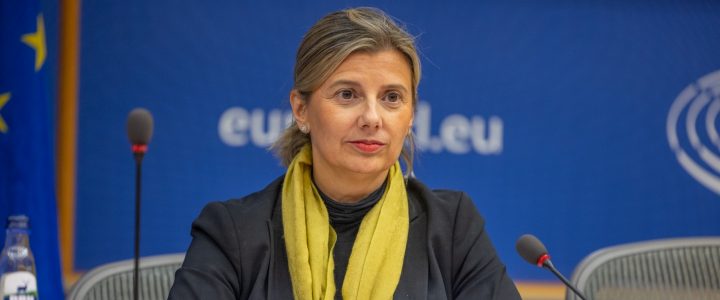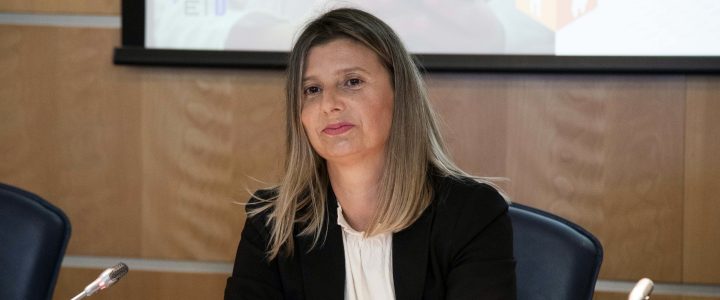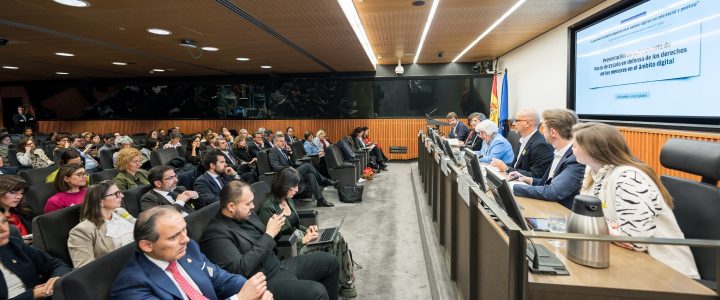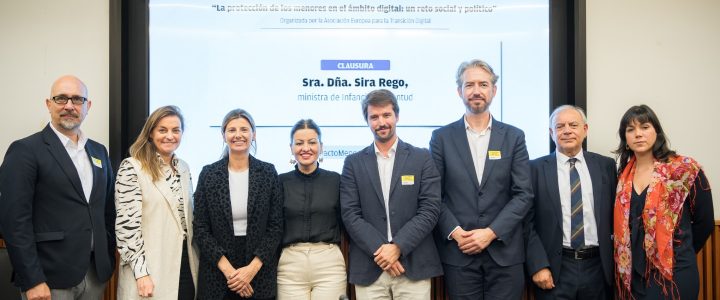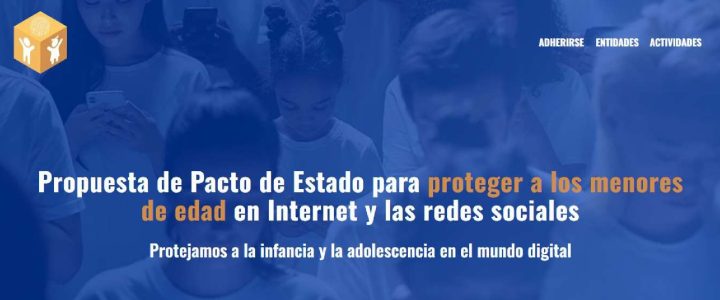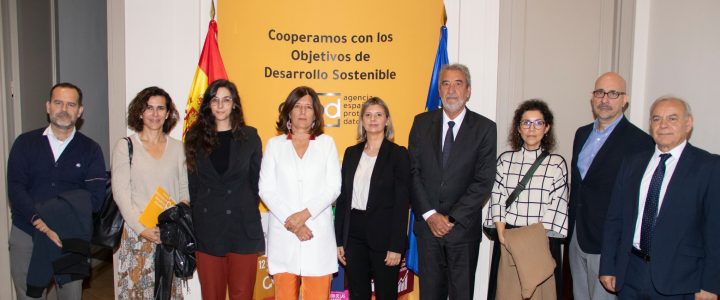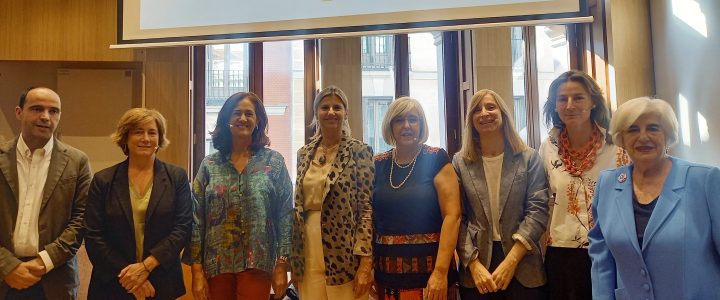The European Association for Digital Transition (EADT) takes a positive view on the draft law to protect minors in the digital realm, presented on June 4, 2024 following the Council of Ministers meeting. But all these measures could end up being ineffective if they are not implemented ambitiously, demanding accountability from platforms and online services, and with political consensus above and beyond partisanship. “It is not about pressuring companies just because, but rather about protecting children and adolescents from specific phenomena that are very dangerous”, says Ana Caballero, vice president of the EADT and spokeswoman for the organisation on issues affecting minors.
Read moreSpanish government law to protect minors online is on right track but needs ambition and consensus
